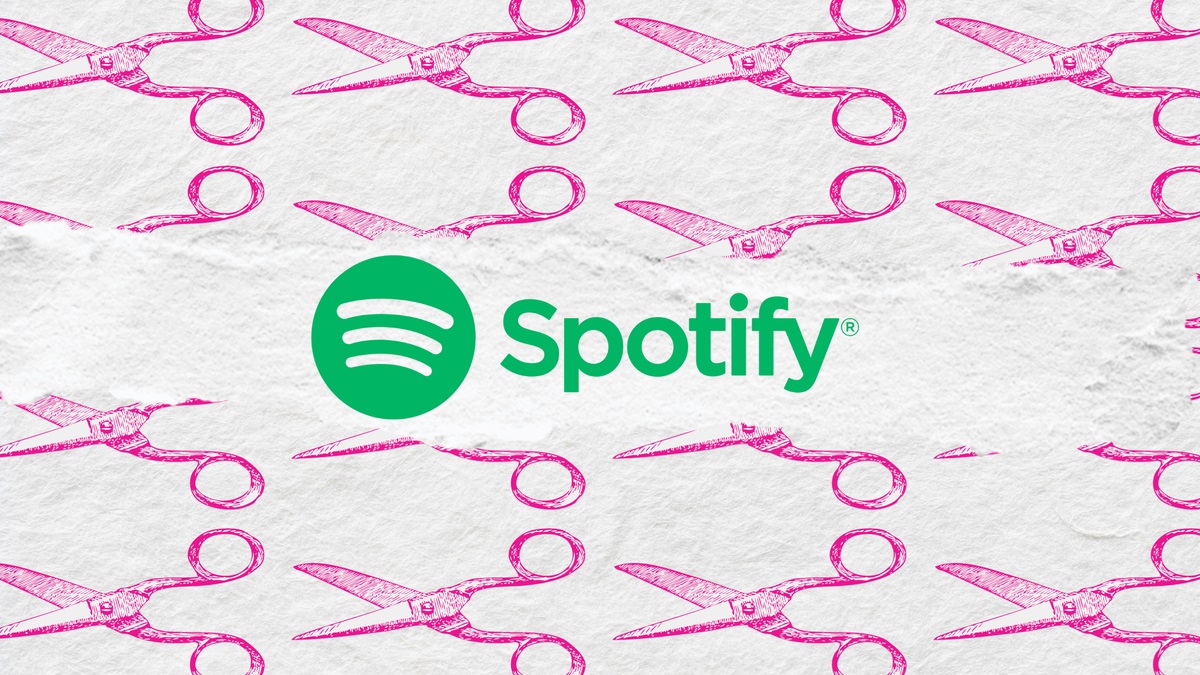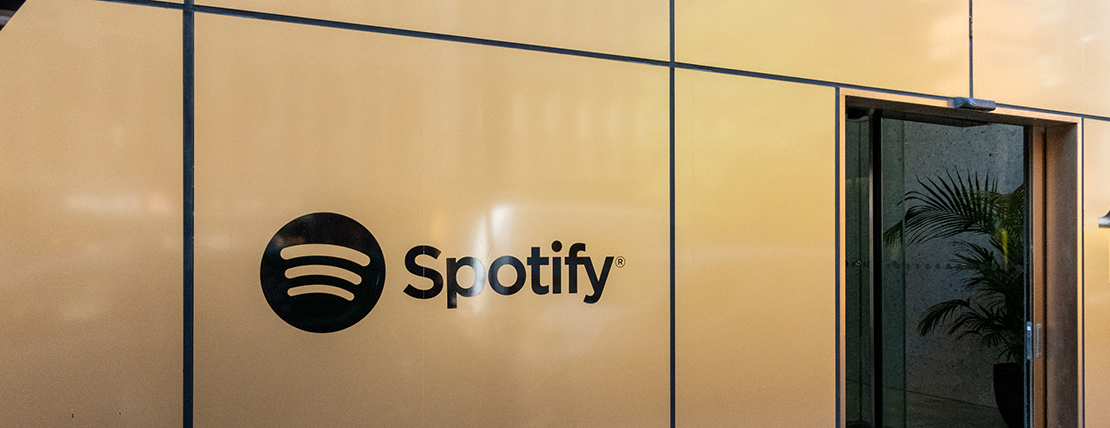Spotify CEO Daniel Ek announced today that the company will lay off 17% of its workforce, which amounts to over 1,000 employees.
This decision is part of Spotify’s strategy to reduce operational costs and better align its financial situation with its goals.
Over the past two years, Spotify has focused on transforming itself into a great and sustainable business, aiming to become the world’s leading audio company with consistent profitability and growth.
Despite notable progress, the company still faces challenges. With the slowdown in economic growth and rising capital costs, Spotify is not immune to these economic pressures.
To address these issues and align with future objectives, Ek has decided to reduce the company’s headcount by approximately 17%. This decision is intended to ensure Spotify is appropriately scaled for upcoming challenges.
Ek explained that Spotify expanded its workforce significantly in 2020 and 2021, which contributed to growth and output but also led to inefficiencies and higher operating costs.
Many employees were engaged in “supporting work” and “doing work around the work,” rather than focusing on high-impact opportunities.
Affected Spotify employees will be notified by Tuesday, December 5. Severance packages will vary based on tenure and local regulations, with an average severance of five months.

Ek emphasized that Spotify must be “relentlessly resourceful” moving forward, as operating lean is not just a choice but a necessity.
The layoffs are intended to help the company “build an even stronger Spotify” in 2024.
In the third quarter of 2023, Spotify reported $3.6 billion in revenue, up from $3.2 billion in the same quarter the previous year.
The company also added 23 million monthly active users and six million paid subscribers, marking its first profitable quarter in 2023, though the profit was only 1%.
As Spotify’s main competitor, Apple Music, Spotify has long contested the fees that Apple imposes through its App Store.
Ek has been advocating for UK lawmakers to pass a bill regulating competition in digital markets to prevent Apple from competing on its own platform.
The most recent dispute between Apple and Spotify occurred in late 2022 when Apple rejected a Spotify app update that included audiobook support.
Spotify’s attempt to direct customers to purchase audiobooks online led to Apple’s protest, resulting in Spotify having to remove in-app information about audiobook purchases from its website to get the app approved.







Leave a Reply